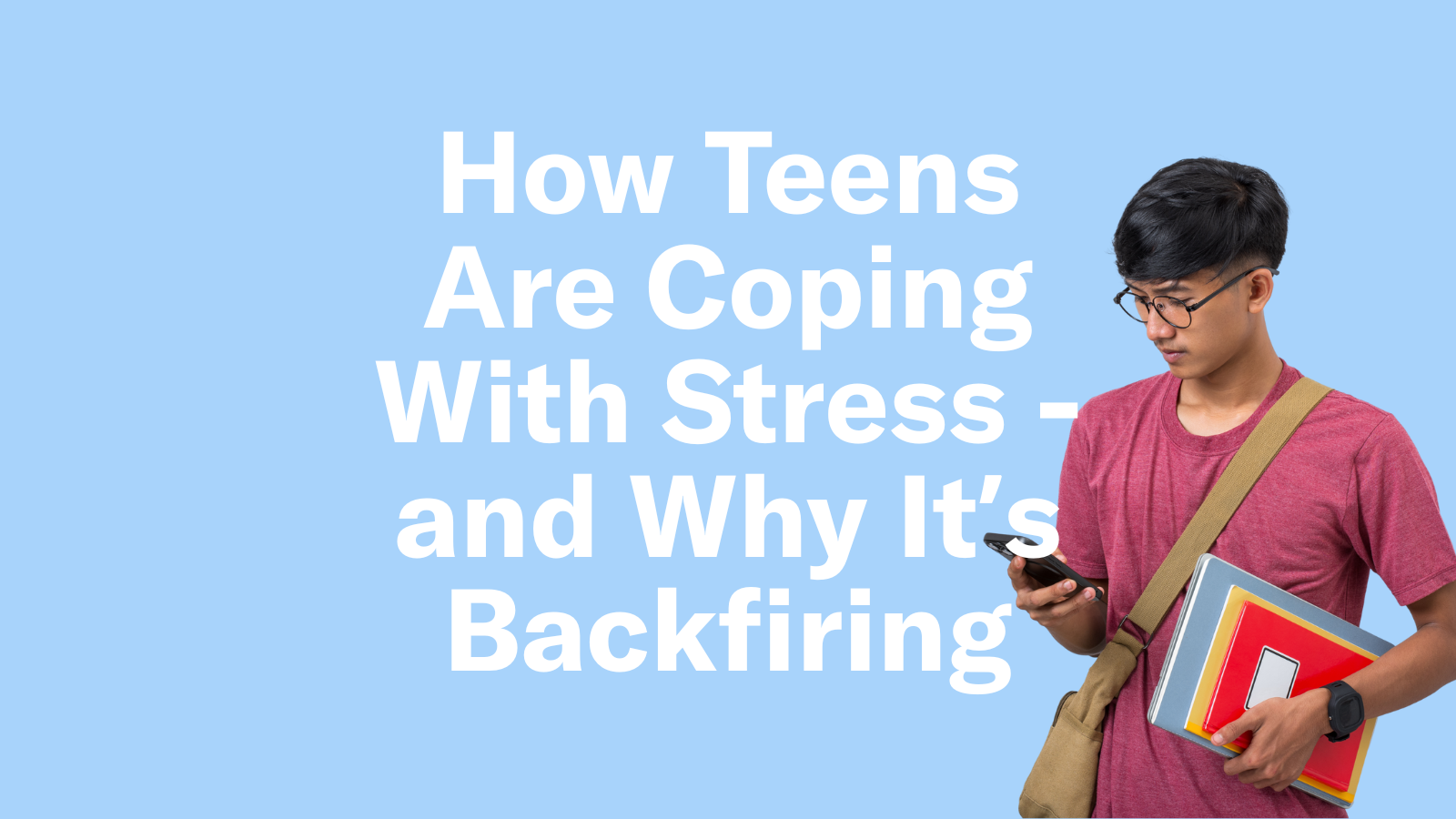by KATIE HURLEY | OCT 16 2017
Social media dramatically changed the way we communicate, socialize, and make and maintain friendships. While there are benefits to living in a digital world, there are also risks. Today’s youth miss out on critical social skills development when they spend the majority of their free time connected to and interacting through a screen. They can also get lost in a world of unrealistic comparisons, cyberbullying, and feeling left out.
Research shows an increase in major depressive episodes from 8.7% in 2005 to 11.3% in 2014 in adolescents and from 8.8% to 9.6% in young adults. The increase was larger and only statistically significant only in the age range of 12 to 20 years.1 Clearly depression is on the rise among teens, the question we need to ask ourselves is how much does technology and social media contribute to it?
It’s no big secret that connecting via texting, Instagram, and Facebook can include harsh judgments and comparisons. It’s easier to make statements on a screen that would otherwise be difficult to verbalize face to face. And disjointed shorthand conversations can easily result in misunderstandings. It doesn’t help that digital communication occurs at a rapid pace, one that is difficult to process at times.
Continue reading the full article here.





